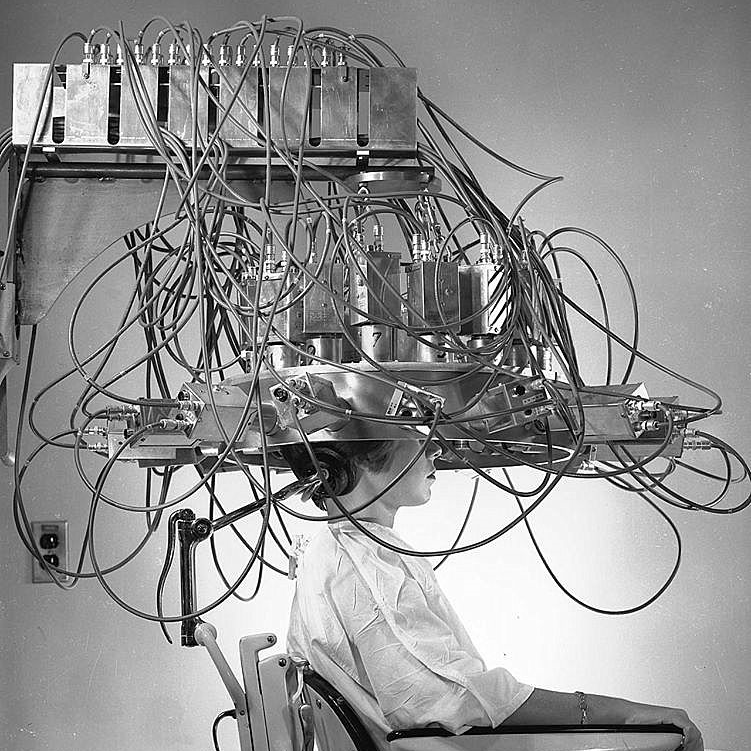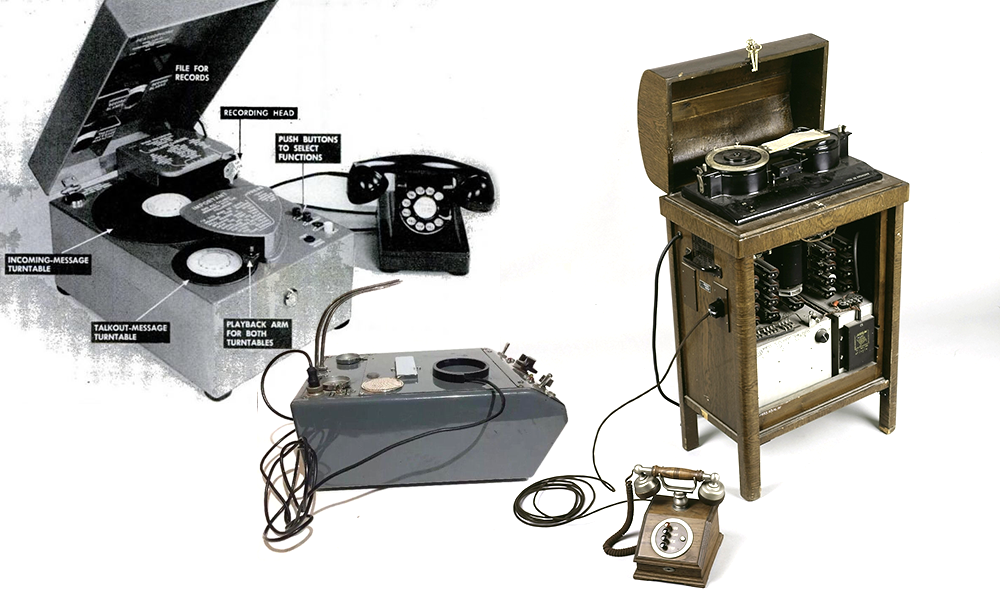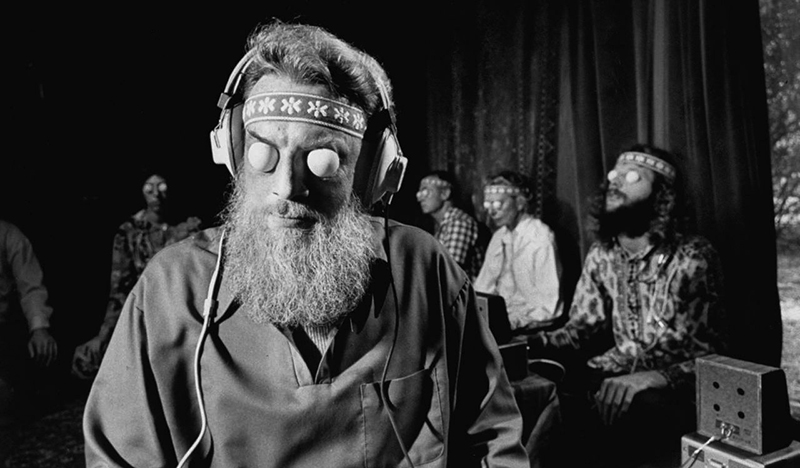
This contraption resembles my vision of a social telepathic message receiver.
I used to day dream a lot about inventing things that were never realized, like an interactive television where you could stick your hand through the top of the set and move the characters around or remove them at will.
But in the early 60s, when I was twelve years old, over a decade before the widespread commercial use of telephone answering devices and long before social media barged into everyone’s private life, I foresaw real possibilities for these and other existential, life enhancing inventions. My concern was not for the betterment of mankind. Rather mine were egoistical, selfish and narcissistic reasons that nonetheless presaged how many current inventions are now used.
I wasn’t the first to contemplate telephone answering machines (apparently, the prototype emerged from Bell Labs in 1930), but I didn’t know that when I conceived mine. My version was born of personal need. My dad refused, what I considered a perfectly reasonable request, to pay a monthly fee for what was then known as an answering “service” (an operator who would answer your phone and take messages). When I was twelve, newly interested in girls (although unrequited), I used to fret that when I was away from home I’d miss the all-important call from the girl (whoever she may be) who I fantasized about as becoming my steady girlfriend. Unable to reach me on the phone, she would become discouraged and/or forget to call back. I was an insecure kid. I believed when I was not home to answer the phone I was missing out on everything that would make life more fulfilling. If only a machine were invented, I thought, that would pick-up the phone, tell the caller I was off doing something important and record a message.

Prototypes of early telephone answering machines that fulfill my dream.
I imagined designing said contraption that would accomplish this very task. Yet without the fundamentals of electrical engineering (I skipped shop in junior high), I was unable to make my dream come true. My grandma was fond of saying, “if you wait long enough, dahlink, someone smarter than you will figure everything out.” And lo-and-behold she was right. By the time I was 19 or so answer-matic-phones were announced and two or three years later magnetic tape machines were comparatively affordable. I bought a Panasonic, plugged it in and my dream came true. But a new problem arose: The red blinking light indicating a precious message was waiting rarely blinked. That was when I realized it was actually better not to have an answering device. Without one I could at least fantasize that someone called me. With it, I knew that not a soul (especially that extra special someone) called. I’m older and less insecure than those days but no less addicted to the machine source of self-esteem. I still look at the blinking light for solace and validation. Designers and engineers have done wonders in wiring us up so that we’re never untethered from the phone or other device, but the emotional price is high.
I also had an idea the prefigured the rise of social media. It was not Facebook or Twitter per se, but it was a telepathic means to enable people to perhaps satisfy another persistent need: To know for a fact what others really thought of them at any given time.

Addictive social media was in my imagination long before it was popularized.
The idea went like this: A transmitter (you) would send out a kind of mind-wave impulse that would be received by a receiver (me). The transmitter would indicate whether he or she loved, liked, or disliked the receiver. At the end of the day, or at any convenient time, the receiver would review all the messages, learning how the people with whom he or she interacted with felt. I conceived that the body, acting like a dispenser, would spit out the results via paper. Crazy, right? But what is Twitter’s and Facebook’s “like” indicators if not my concept transformed from telepathic to digital technology? And what are today’s message-making devices but high-tech ways to satisfy the primal and/or neurotic need to be the center of attention?
If I had the right kind of smarts, “I coulda’ been an inventor, I coulda’ been somebody!”
(with apologies to Marlon Brando in On The Waterfront). My ideas, born of narcissism, were made real and monetized by others who were as grandma said, “smarter” than me. What I fantasized about inventing turned into the source of twenty-first century obsessions. It comes down to this: “Fantasy abandoned by reason produces impossible monsters” wrote Francisco Goya in his Los Caprichos and my answering and social media concepts are those monsters, are they not?
